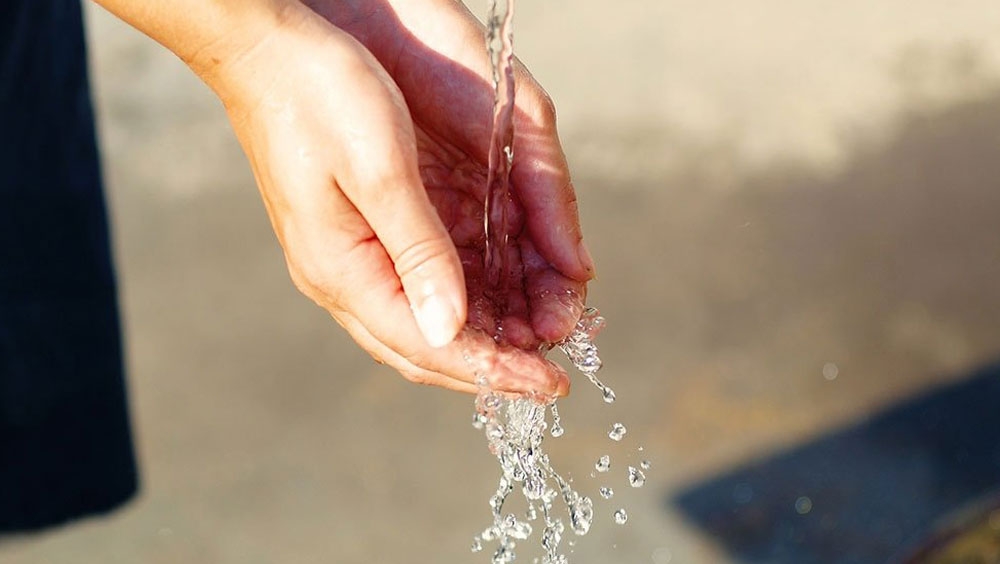
Muscat: A global change in mindset is required to address impending water shortages, an expert at MEDRC has said.
**media[757301]**
According to a submission made to the United Nations for the International Decade for Action “Water for Life,” by the Omani Government, the country is estimated to consume 25 per cent more than the natural recharge of water resources currently available.
This would mean Oman, like the rest of this region, has to invest heavily in expensive water desalination processes, which make up 90 per cent of potable water supply, a study from Future Direction International, showed.
However, Dr. Jauad El Kharraz, head of Research at MEDRC, said although the government has been very prudent in balancing demand through water projects, consumers must play their part also by reducing their consumption.”
“The obvious and understandable global response to possible water deficit is to increase supply, new projects, investment, etc. but we also need to reduce and manage demand. In Oman and throughout our region we spend more water than we need both in domestic and agricultural use. We need greater awareness on saving water, improving water use efficiency in agriculture and what it means for the future.
The government is making great efforts in this respect and deserve our full support,” El Kharraz explained.
Estimates published by isciences, a Michigan founded evidence-based analytics firm that extensively talks on sustainability, showed change in water stress or ratio of water use to supply by 2040 in northern parts of Oman is expected to be high.
Moreover, according to data from a presentation made by Ministry of Agriculture and Fisheries revealed that the water deficit reached 378 cubic millimetres per year in 2015.
To combat this, state-owned Oman Power and Water Procurement Company (OPWP) took major steps to increase desalination capacity of independent water producers, by 66 per cent over the next six years.
The six proposed independent water projects being set up by private investors with an expected investment of several hundred million Omani rials, are in different stages of planning, tendering and implementation, and are to be constructed in different areas of the country.
El Kharraz suggested calling on stakeholders to adopt a participatory approach by including farmers’ association, end users, government officials and experts to increase our collective awareness of the need for users to introduce measures to curb demand.
“Such change in mindset cannot be done in a day or two.
Globally and regionally, we need this dialogue to happen.
At MEDRC, we are already facilitating this. Apart from helping research activities, we are also concentrating on discussions and using technology to help consumers.
With more coordination, we are confident that new approaches to reduce demand can help the region, Oman and the residents,” he said.